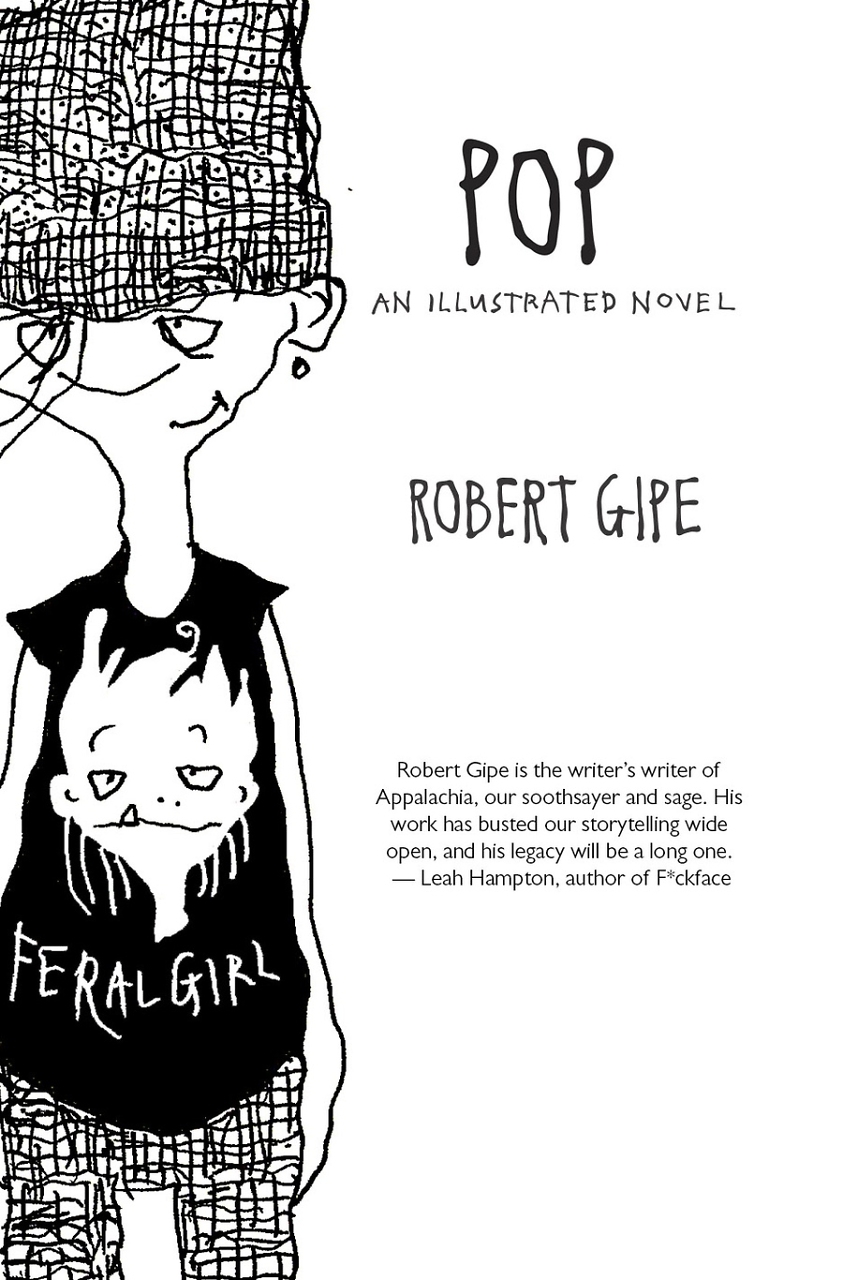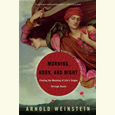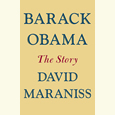Allowing a Little Sway
In two new poetry collections, Restoring the Narrative and Small Revolution, Jeff Hardin imagines a world with a little more room for imagination
“Quiet truths do not argue for their worth,” writes Jeff Hardin in the first of two new poetry collections published only months apart. In a world where people go “deaf haranguing some agenda,” and records of our misconceptions are stored forever online, Hardin prefers “allowing / a little sway to what gets said or done.” Although Restoring the Narrative and Small Revolution “are nothing quite like each other,” according to Hardin, both collections reveal a poet in love with nature and fascinated with both the power and limits of language.
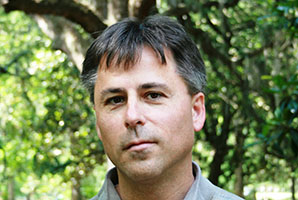 Hardin was raised in Savannah, Tennessee—eight generations removed from the founder of Hardin County—and teaches at Columbia State Community College in Columbia. A pastoral mystic, he is bound to the land, to its imagery, its sensuality, its abundance. He recalls the way his grandparents worked and served it from the crack of dawn. Returning to nature is a way of grounding himself in reality when his own desire for meaning and transcendence outstrips his imagination. In “One More Prayer,” he writes about the need to reach out and touch the natural details around him so the public dialogue won’t dominate “what’s possible to understand”:
Hardin was raised in Savannah, Tennessee—eight generations removed from the founder of Hardin County—and teaches at Columbia State Community College in Columbia. A pastoral mystic, he is bound to the land, to its imagery, its sensuality, its abundance. He recalls the way his grandparents worked and served it from the crack of dawn. Returning to nature is a way of grounding himself in reality when his own desire for meaning and transcendence outstrips his imagination. In “One More Prayer,” he writes about the need to reach out and touch the natural details around him so the public dialogue won’t dominate “what’s possible to understand”:
So that I might imagine more with less,
remind me how I plunged my arms down through
the creek’s cold flowing-past to touch a stone
shaped smooth by centuries. Remind me that
no thought has ever felt so down-deep firm,
so clearly seen, entirely at my reach.
In Hardin’s rendering nature is always steady and firm, yet occasionally he acknowledges its indifference to his own existence. And as much as stones and trees and finches can save him from what he calls “the ideas of my time,” they offer only a temporary resting place, not a way beyond his own mind. For that he must return to belief (a term he leaves undefined) and poetry, which can “pose another shape to what a life could be.”
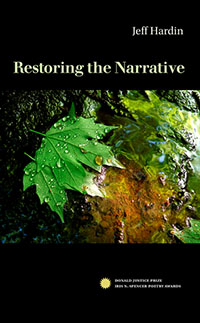 Every poem in Restoring the Narrative, which won the 2015 Donald Justice Prize, is buoyed by this poetic power. While this collection’s subjects range from books to smartphones, weeds to Harley-Davidsons, and while its tone moves between nostalgia, irony, and praise, the poems are anchored by form: Hardin fastens each idea to a rhyme-less sonnet. The rhythm of the lines mimics common speech, and the reliable shift from proposition to perspective offers a reason to trust his poetic imagination, even as Hardin plunges further and further into thoughts that slip past the realm of words, sometimes beyond silence itself, into what he calls “belief.” Though he is intentionally silent on the details, he seems to view belief as another sense with which to experience the world, rather than a specific vessel in which to contain it.
Every poem in Restoring the Narrative, which won the 2015 Donald Justice Prize, is buoyed by this poetic power. While this collection’s subjects range from books to smartphones, weeds to Harley-Davidsons, and while its tone moves between nostalgia, irony, and praise, the poems are anchored by form: Hardin fastens each idea to a rhyme-less sonnet. The rhythm of the lines mimics common speech, and the reliable shift from proposition to perspective offers a reason to trust his poetic imagination, even as Hardin plunges further and further into thoughts that slip past the realm of words, sometimes beyond silence itself, into what he calls “belief.” Though he is intentionally silent on the details, he seems to view belief as another sense with which to experience the world, rather than a specific vessel in which to contain it.
“Overlooking a Sage Grass Field” offers the closest thing to an explanation:
But what choice is there but belief? To steady
the mind and aim it at the emptiness,
to do so every day in joy for being
present, a fact incomprehensible
yet simple, so that, turning toward late light
I smile, am filled with a warmth I can’t conceive.
This joy of being is where Small Revolution picks up, as Hardin contemplates more than just the elements in nature, the conclusions of past poets, or his own experience. Here he considers how others might engage the world, creating a kind of taxonomy of the ways we categorize each other, like “Lightweights,” “Naysayers,” and “Onlookers.” “I wonder about the others / who haven’t come forward yet, / the daylily man, the katydid man,” Hardin writes in “Ontology,” a poem in which he proposes a theory of personality for “men who define themselves / by what they have a tenderness toward.”
In Small Revolution, Hardin relaxes form for free verse and settles into an easier language. Short phrasing gives the impression of stray thoughts that need not come to a conclusion but aim only to leave an impression, often turning unexpectedly from the one which opens the poem.
These volumes should be read together, for though each book is complete on its own, the turn toward other human beings is more satisfying in Small Revolution if experienced after the internal struggle of Restoring the Narrative. The poet of the earlier collection, striving to find something firmer than nature and purer than language, loosens the reins enough in Small Revolution to steer toward a different path to transcend narrow ways of seeing and being. And so he declares in “Manifesto”:
Hey, it’s a new century, and what if everyone
decided to be generous, upbeat, to praise a little,
to hurl the most preposterous claims at the face
of a cynical world? Like: I hear you, owl,
and the answer is me. Like: each of us
was made for joy and can’t be extricated.
Like: the sum of all we wander through
can lead us, lead us, lead us past the self
into the flawed but hopeful cares of others.

Beth Waltemath graduated with a degree in English from the University of Virginia and worked at both Random House and Hearst magazines before leaving publishing to attend Union Theological Seminary in New York City. A Nashville native, she now lives in Decatur, Georgia.
